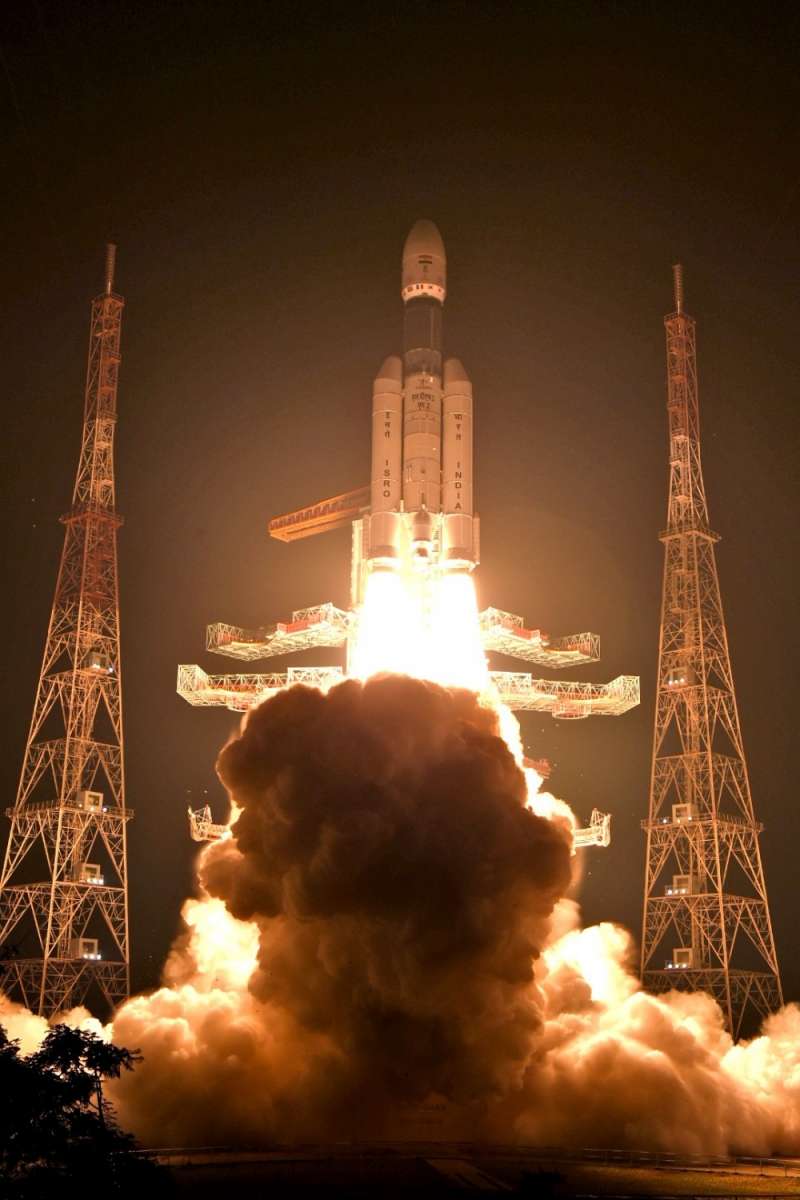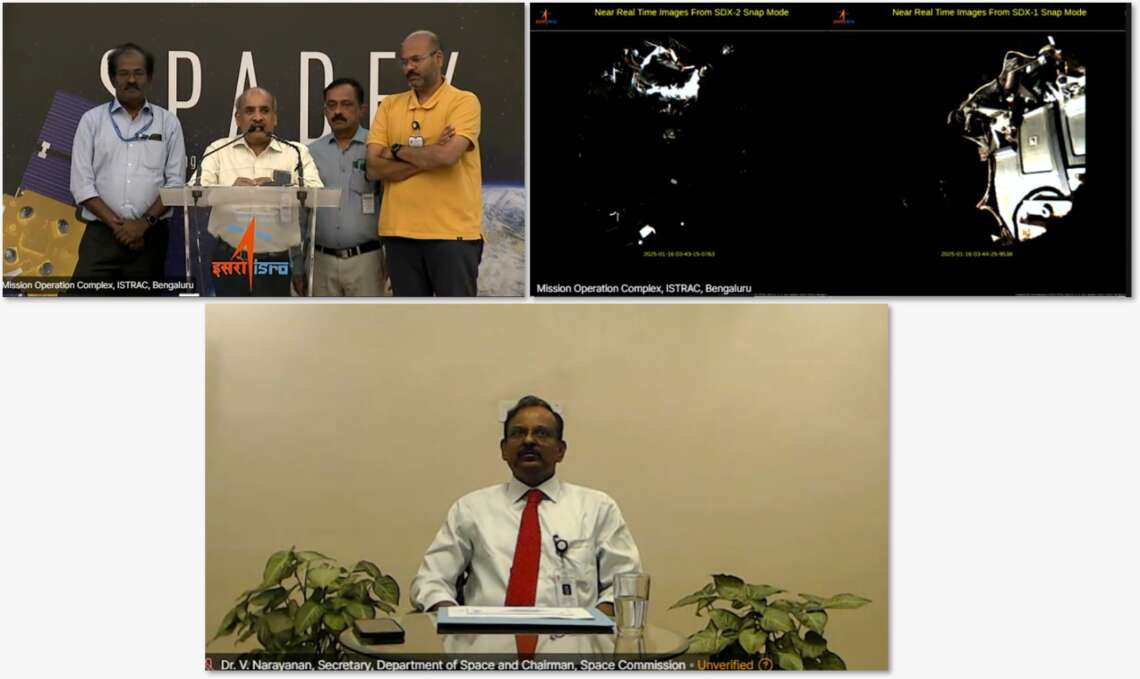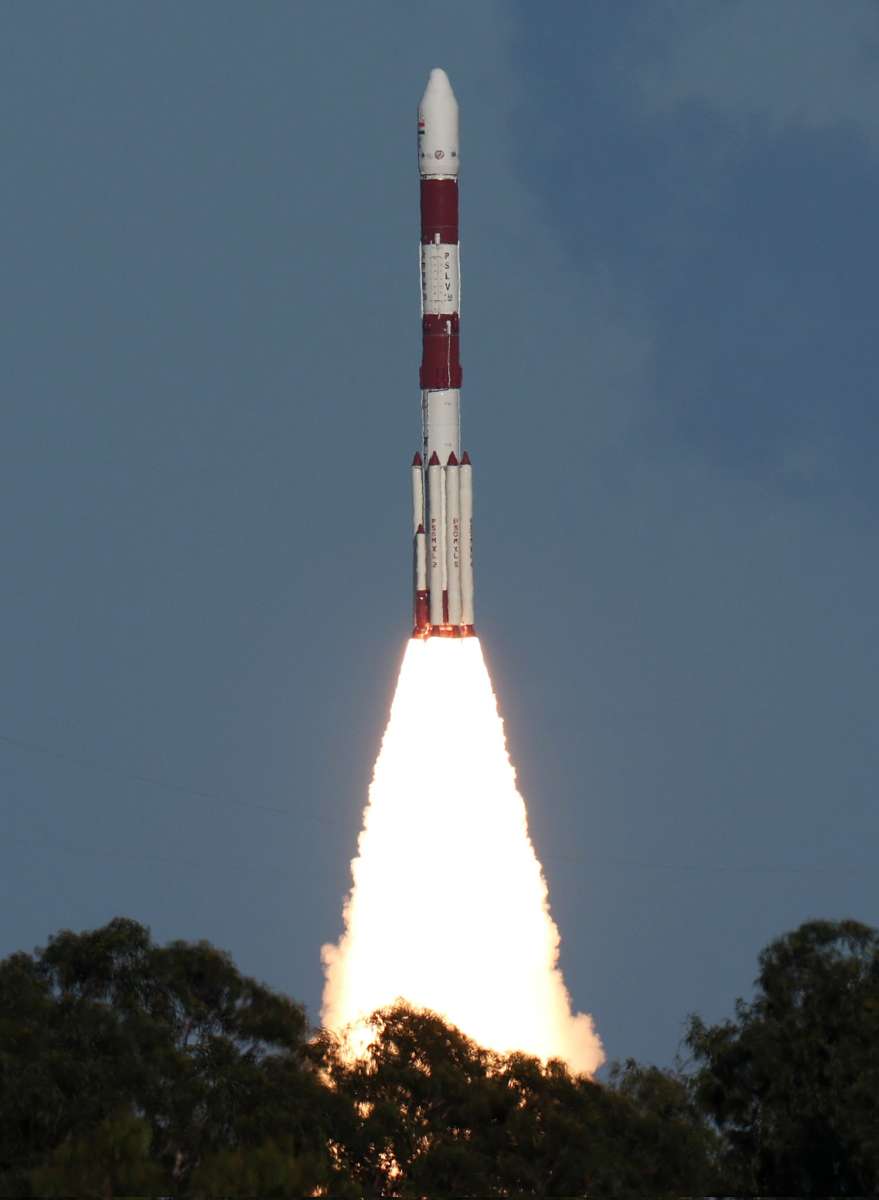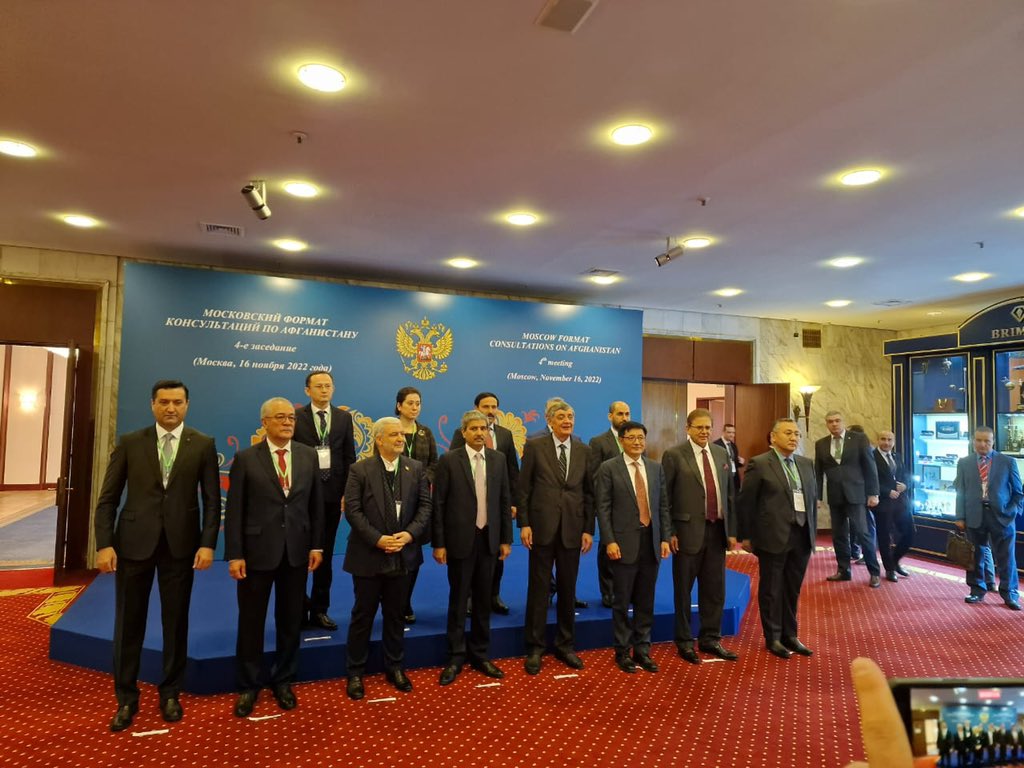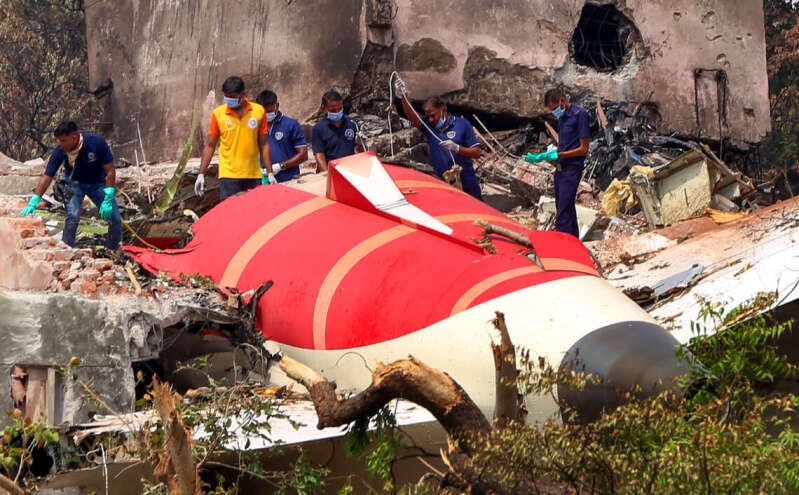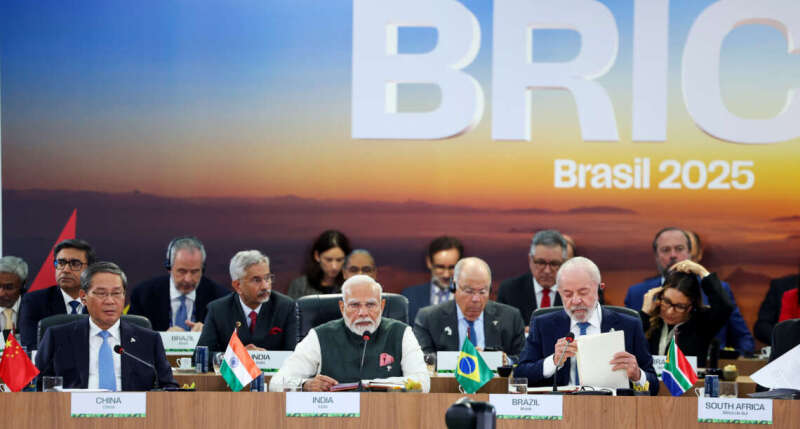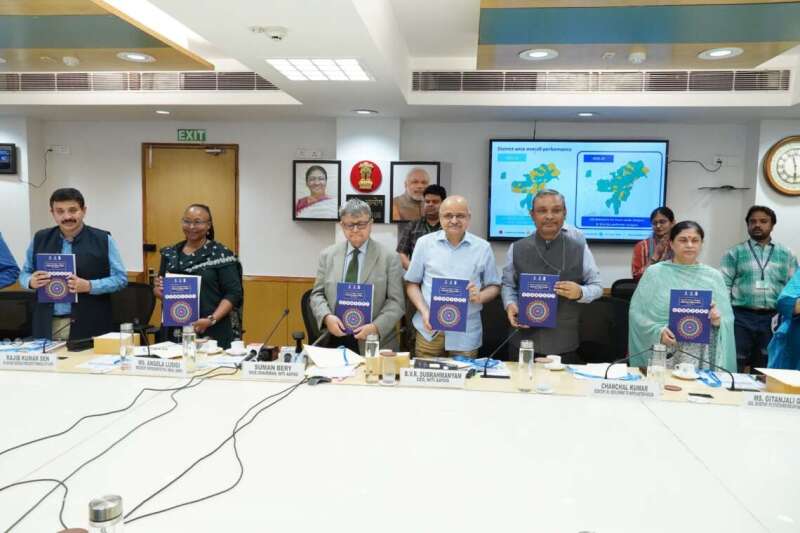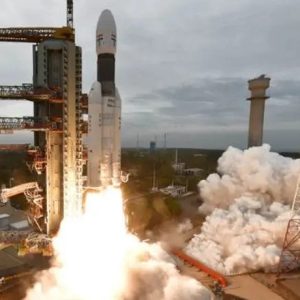It will carry a total of three payloads in space, including one from the foreign customers…reports Asian Lite News
The Indian Space Research Organisation (ISRO) is all set to make history on Friday when it will launch the first-ever private rocket on Friday, setting a new milestone in the 75 years journey of independent India.
Union Science & Technology Minister Jitendra Singh said that this will be a major milestone in the journey of ISRO, after Prime Minister Narendra Modi had unlocked the space sector in India two years ago for private participation.
He said that the non-government entity, startup Skyroot Aerospace Pvt Ltd (SAPL) has developed the Vikram-suborbital (VKS) rocket, which is a single stage spin stabilised solid propellant rocket with mass of approx 550 kg. He said, the rocket goes to the max altitude of 101 km and splashes into the sea and the overall duration of launch is 300 seconds only.
Skyroot was the first startup to sign a MoU with ISRO for launching its rockets. Apart from being the nation’s first private launch, it will also be the maiden mission of Skyroot Aerospace, named “Prarambh”. It will carry a total of three payloads in space, including one from the foreign customers.
The Minister said this it will provide a level playing field for cost-efficient satellite launch services by disrupting the entry barriers and will also help the startups to make spaceflights affordable and reliable.
Space reforms have unleashed innovative potentials of startups and within a short span of time, from a couple of space startups three-four years back, today the country has 102 star-ups working in cutting-edge areas of space debris management, nano-satellite, launch vehicle, ground systems, research etc, he said, adding that with the integration of R&D, academia and industry, it is safe to say that a ‘Space Revolution’ led by the ISRO along with the private sector and startups is on the horizon.
‘ISRO’s rocket launch and tracking fee is nominal’
The fee charged by the Indian space agency for the rocket launch and tracking services is nominal, said a top official of private rocket startup Skyroot Aerospace.
“The Indian Space Research Organisation (ISRO) provides integration facility, launchpad, range communications and tracking support before and during our rocket launch,” Pawan Kumar Chandana, CEO and Co-Founder said.
“The fee is reasonable. However, we won’t be able to share contractual details as we are bound by a non-disclosure agreement with ISRO and IN-SPACe (Indian National Space Promotion and Authorisation Centre — the regulator for private sector space industry),” Chandana added.
Skyroot Aerospace’s rocket Vikram-S with three small satellites is scheduled for launch on November 18 at 11.30 a.m.
“Launch is likely on 18th as the weather is predicted to be ideal. Due to inclement weather, we got an updated launch window of November 15-19, 2022,” Chandana said.
According to him, the Vikram-S rocket is a scaled down version of Vikram-1 rocket. The former is a single stage rocket whereas the latter is a multi-stage vehicle.
“Almost all our systems flying in Vikram-S were designed in-house, except for few sensors which were imported,” Chandana said.
The rocket will be powered by a single stage to help test and validate the majority of the technologies in the Vikram series of rockets.
The company plans to have three rocket variants: Vikram I – payload or carrying capacity 480 kg to 500 km low inclination orbit (LIO); 290 kg to 500 km sun synchronous and polar orbit (SSPO); Vikram II – 595 kg to 500 km LIO, 400 kg to 500 km SSPO and Vikram III – 815 kg to 500 km LIO, 560 kg to 500 km SSPO.
Skyroot Aerospace’s rockets are named ‘Vikram’ as a tribute to the founder of the Indian Space programme and renowned scientist Dr Vikram Sarabhai.
Chandana said Vikram-1 is expected to fly during the third quarter of calendar year 2023.


